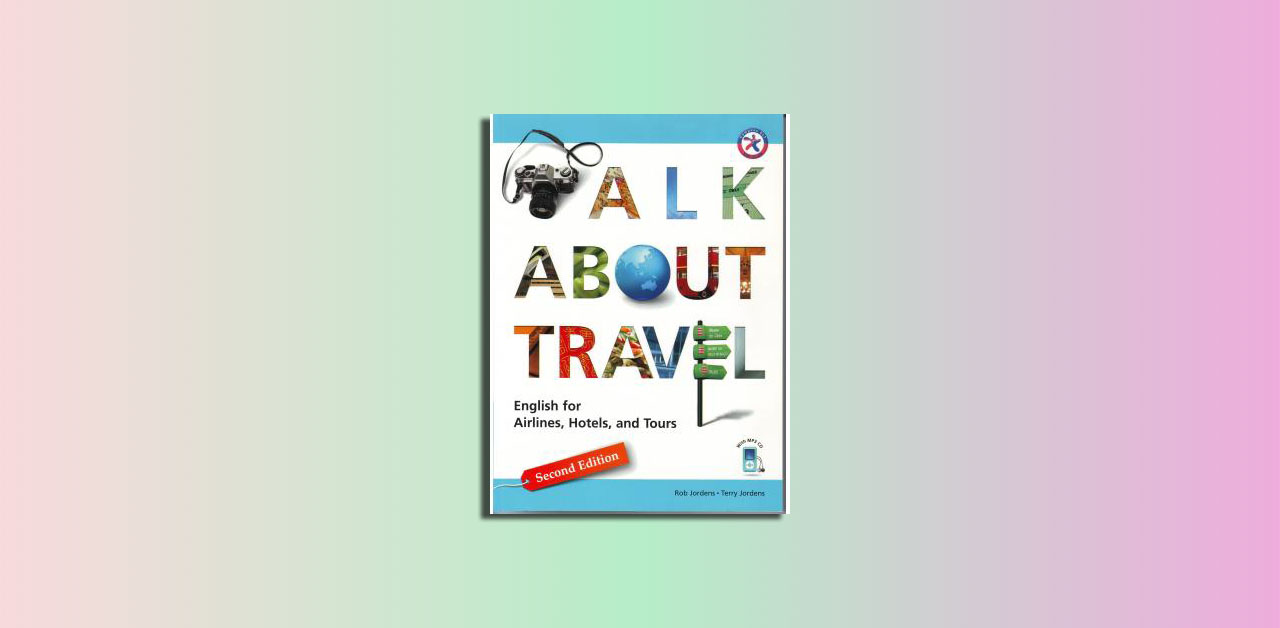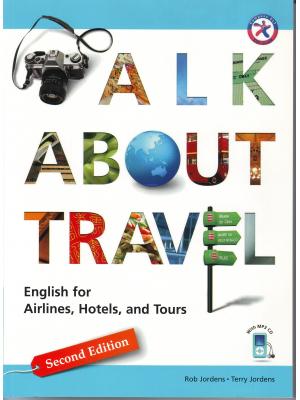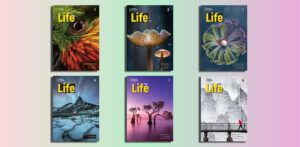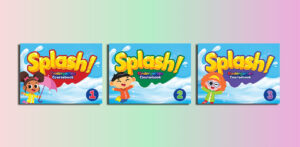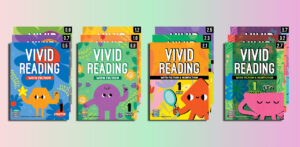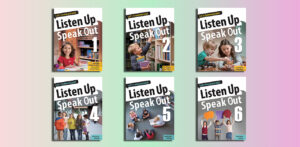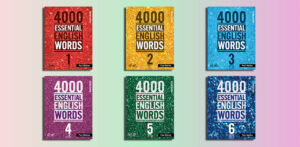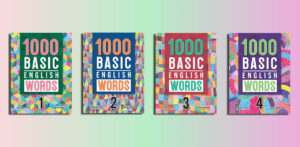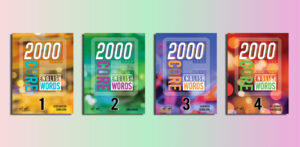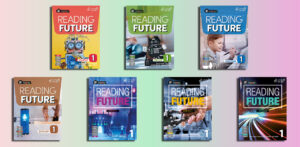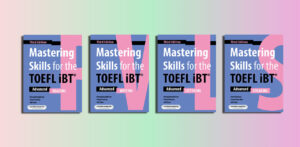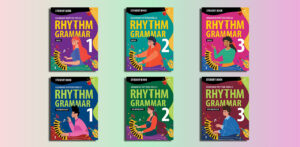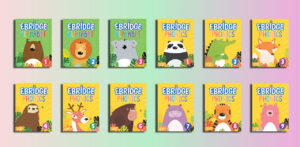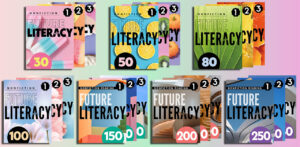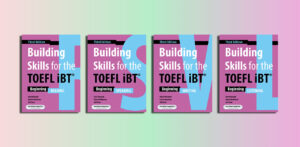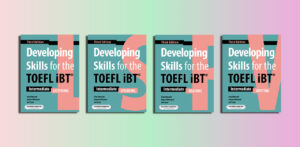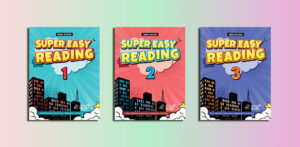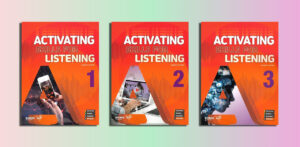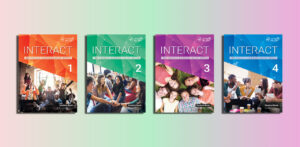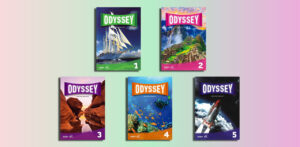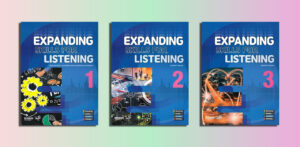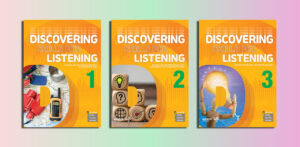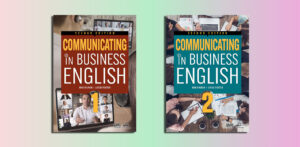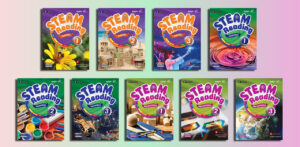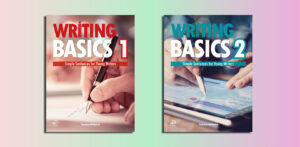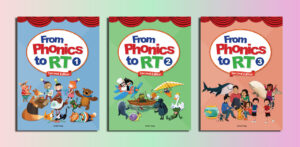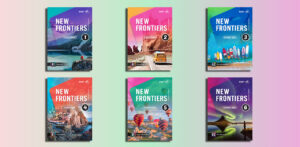Talk about Travel Second Edition (Pdf Resources)
Talk about Travel 2e Student Book.pdf – Sample: Click
Audio – Transcripts – Student Book
| Name | Price | Buy |
|---|---|---|
| Talk about Travel 2Ed (PDF, Resources) | $7 |
Overview of “Talk about Travel Second Edition” by Compass Publishing
Contents
- 1 Overview of “Talk about Travel Second Edition” by Compass Publishing
- 2 Who is suitable for “Talk about Travel 2nd Edition”
- 3 The benefits of “Talk about Travel Second Edition”
- 4 Effective learning strategies for”Talk about Travel 2nd Edition”
- 5 Effective teaching strategies for”Talk about Travel Second Edition”
| ✅ Coursebook: | Talk about Travel 2nd Edition |
| ✅ Author: | Rob Jordens, Terry Jordens |
| ✅ Publisher: | Compass Publishing |
| ✅ Levels: | B1+, B2 |
| ✅ English type: | American English |
“Talk About Travel Second Edition” is a workbook published by Compass Publishing, designed to help students enhance their English language skills with a focus on travel, tourism, and hospitality. Authored by Susan Dean and Lawrence J. Zwier, with contributions from Rob Jordens and Terry Jordens, this course targets learners at an advanced level, aligning with the CEFR B1 proficiency standard. It is particularly suited for university students interested in pursuing careers in tourism or hospitality, as well as individuals looking to improve their English for travel-related purposes.
The workbook offers a practical, task-oriented approach, guiding students through the essentials of international travel. Each unit builds progressively, covering key topics such as filling out travel documents, booking flights and hotels, navigating customs, finding services at destinations, getting around, seeking information, and exploring entertainment options in various cities. The content includes useful vocabulary for a wide range of tourism scenarios, informative reading passages, and realistic dialogues that reflect natural English usage.
Key features of the second edition include practical communication exercises tailored for those working in tourism, authentic materials like brochures and flyers for deeper study, and helpful travel tips. It also incorporates task-based activities to develop problem-solving skills. The accompanying MP3 CD provides audio recordings of all reading passages and dialogues, enhancing listening comprehension and pronunciation practice. Overall, “Talk About Travel Second Edition” combines language learning with real-world applications, making it a valuable resource for both classroom use and self-study.
Who is suitable for “Talk about Travel 2nd Edition”
“Talk About Travel Second Edition” by Compass Publishing is suitable for the following groups:
- Advanced English Learners (CEFR B1 Level): The workbook is designed for students with an intermediate to upper-intermediate proficiency in English, aligning with the CEFR B1 standard. It’s ideal for those looking to refine their language skills with a focus on practical, travel-related communication.
- University Students in Tourism or Hospitality: The content is tailored for individuals pursuing studies or careers in tourism, hospitality, or related fields, offering vocabulary and scenarios relevant to these industries.
- Travel Enthusiasts: People who enjoy traveling or plan to travel internationally will benefit from the workbook’s emphasis on real-world situations, such as booking flights, navigating customs, and seeking information at destinations.
- Professionals in Tourism and Hospitality: Those already working in travel-related industries can use it to enhance their English communication skills, particularly for interacting with international clients or customers.
- Self-Learners and Classroom Students: The workbook suits both independent learners and those in a classroom setting, thanks to its structured units, authentic materials, and accompanying MP3 CD for listening practice.
In short, it’s a great fit for anyone with an intermediate grasp of English who wants to improve their language skills specifically for travel, tourism, or hospitality contexts.
Talk about Travel 2e Student Book
The benefits of “Talk about Travel Second Edition”
“Talk About Travel Second Edition” by Compass Publishing offers several benefits for learners, particularly those interested in improving their English skills for travel, tourism, or hospitality. Here’s a breakdown of its key advantages:
- Practical Language Skills: The workbook focuses on real-world travel scenarios—such as booking flights, filling out forms, navigating customs, and finding services—equipping learners with functional English they can immediately apply in travel situations.
- Specialized Vocabulary: It introduces and reinforces terminology specific to tourism and hospitality, helping learners communicate effectively in professional or personal travel contexts.
- Enhanced Listening and Speaking Abilities: The included MP3 CD features audio recordings of dialogues and reading passages, allowing learners to improve their listening comprehension and pronunciation through exposure to natural, native-like English.
- Authentic Materials: The use of real-life resources like brochures, flyers, and travel documents provides a deeper understanding of how English is used in actual tourism settings, making learning more relevant and engaging.
- Task-Based Learning: Activities are designed to develop problem-solving skills, encouraging learners to think critically and apply language skills to practical challenges they might face while traveling or working in tourism.
- Progressive Skill Building: The structured units gradually build on each other, covering a wide range of topics from travel preparation to exploring destinations, ensuring a comprehensive learning experience.
- Career Preparation: For students or professionals aiming for careers in tourism or hospitality, the workbook offers targeted practice that enhances communication skills essential for customer-facing roles.
- Travel Tips and Cultural Insights: Beyond language, it provides useful travel advice and cultural context, enriching learners’ understanding of international travel dynamics.
- Flexibility for Learning: Suitable for both classroom use and self-study, it caters to different learning preferences, with clear exercises and accessible content.
Overall, “Talk About Travel Second Edition” combines language development with practical application, making it a valuable tool for improving English fluency, confidence, and competence in travel-related situations.
Effective learning strategies for”Talk about Travel 2nd Edition”
To maximize the benefits of “Talk About Travel Second Edition” by Compass Publishing, learners can adopt the following effective strategies tailored to its structure and content:
- Engage Actively with Audio Materials: Use the included MP3 CD consistently. Listen to the dialogues and reading passages multiple times—first to understand the gist, then to focus on pronunciation, intonation, and unfamiliar vocabulary. Repeat phrases aloud to mimic native speakers and improve fluency.
- Practice Vocabulary in Context: Create a personal travel glossary from each unit’s key terms (e.g., “customs,” “itinerary,” “boarding pass”). Use these words in your own sentences or role-play scenarios like booking a hotel or asking for directions to reinforce retention.
- Simulate Real-Life Scenarios: Treat the workbook’s exercises as practice for real travel situations. For example, fill out sample travel forms as if you’re preparing for a trip, or rehearse dialogues with a study partner to build confidence in speaking.
- Leverage Task-Based Activities: Approach the problem-solving tasks (e.g., resolving travel issues) as mini-projects. Break them down, brainstorm solutions in English, and discuss or write out your responses to deepen critical thinking and language use.
- Study Authentic Materials Closely: Analyze the brochures, flyers, and other real-world examples in the book. Note how language is structured (e.g., formal vs. informal tone) and practice adapting it for your own purposes, like writing a travel inquiry email.
- Set Thematic Goals per Unit: Focus on one unit at a time and set specific goals, such as mastering airport-related vocabulary or understanding customs procedures. Test yourself by explaining the topic to someone else in English.
- Incorporate Supplementary Practice: Extend learning beyond the workbook. Watch travel vlogs, read tourism websites, or browse X posts about travel in English to see how the book’s concepts apply in broader contexts. Search for additional examples if needed.
- Reflect and Review Regularly: After completing a unit, revisit key sections—dialogues, vocab lists, or tips—and quiz yourself. Summarize what you’ve learned in a short paragraph or audio recording to solidify understanding.
- Pair with Real-World Application: Plan a mock trip or research a destination using the skills from the book (e.g., booking a flight online or mapping a route). This bridges the gap between theory and practical use.
- Collaborate with Others: If possible, study with a partner or group. Role-play as tourists, hotel staff, or tour guides using the workbook’s content, turning learning into an interactive experience.
By combining these strategies—active listening, contextual practice, simulation, and consistent review—learners can effectively master the English skills “Talk About Travel Second Edition” offers, preparing them for real travel or tourism-related situations with confidence.
Effective teaching strategies for”Talk about Travel Second Edition”
Teaching “Talk About Travel Second Edition” by Compass Publishing effectively requires strategies that leverage its travel-focused content, authentic materials, and task-based approach. Here are some tailored strategies for educators to maximize student engagement and learning outcomes:
- Incorporate Role-Plays and Simulations: Use the workbook’s dialogues and scenarios to create immersive role-plays. Assign roles like tourist, travel agent, or hotel staff, and have students practice booking flights, checking into hotels, or resolving travel issues. This builds speaking confidence and contextual understanding.
- Utilize the MP3 CD for Listening Practice: Start lessons with audio from the CD to warm up listening skills. Play a dialogue or passage, then ask comprehension questions or have students repeat key phrases. Follow up with a discussion on how tone or vocabulary changes in different travel situations.
- Focus on Task-Based Learning: Structure lessons around the workbook’s problem-solving activities. Present a task (e.g., planning a trip itinerary) as a group project, encouraging students to collaborate, brainstorm, and present solutions in English. Provide feedback on language use and creativity.
- Exploit Authentic Materials: Bring the brochures, flyers, and forms into the classroom spotlight. Have students analyze the language and design their own versions (e.g., a travel ad or customs form). This deepens vocabulary acquisition and exposes them to real-world formatting.
- Build Vocabulary Interactively: Introduce unit-specific terms (e.g., “layover,” “visa”) with flashcards, quizzes, or a “travel word wall.” Encourage students to use these words in spontaneous sentences or mini-presentations about a travel experience, reinforcing practical application.
- Encourage Peer Teaching: After covering a unit, assign students to teach a concept (e.g., navigating an airport) to their peers using the workbook’s content. This reinforces comprehension and builds communication skills.
- Integrate Multimedia and Technology: Supplement the workbook with online resources—show travel videos, explore tourism websites, or search X for current travel tips in English. Connect these to the unit themes to show real-time relevance and expand exposure.
- Personalize Learning: Ask students to relate the content to their own travel experiences or dream destinations. For example, after a unit on booking accommodations, have them write or speak about a hotel they’d choose and why, using new vocabulary.
- Scaffold and Differentiate: Break complex tasks into steps for lower-level learners (e.g., first listen, then read, then speak), while challenging advanced students with extra assignments like creating a travel podcast or debating tourism trends. Adapt pacing to the class’s needs.
- Assess with Real-World Application: Test skills through practical assessments—e.g., a mock phone call to a travel agency or a written travel plan. Use rubrics focusing on fluency, accuracy, and use of unit-specific language to measure progress.
- Foster Cultural Discussion: Use the travel tips and scenarios as springboards to discuss cultural norms (e.g., tipping in different countries). This adds depth to lessons and prepares students for intercultural communication.
By blending interactive, student-centered activities with the workbook’s strengths—its audio, authentic texts, and practical focus—teachers can create a dynamic classroom environment that equips learners with both language proficiency and travel-ready skills.


